Our research projects
We currently have 5 projects: 2 on Improvement of Clinical Management, 2 on Epidemiology and Mapping, and 1 on Digital Tools.
Improvement of Clinical Management
1. Taking Point Of Care Ultrasound (POCUS) to the District in Malawi
This project and partnership build on several years of collaboration and joint work in the field of POCUS. The first training activities in POCUS at KUHeS were initiated in 2017. In the initial partnership phase from 2017-2019, a training curriculum for internal medicine was developed. By 2019 almost the entire staff of the department was trained in POCUS. In addition, several members of the department were trained as trainers for future courses and the impact of POCUS on clinical care was assessed scientifically. In the subsequent phase from 2019-2021, the training curriculum was adapted to include other departments apart from internal medicine and training activities were extended. In addition, a mobile phone-based, open-source teaching application was developed. Now, through the further development of electronic training resources and a strong base of local trainers, the next steps in this partnership are first to consolidate teaching and research activities in POCUS in the eight clinical departments of KUHeS, and second to extend these activities to the main training centre for family medicine of the Mangochi Campus at Mangochi District Hospital. Within this project, a PhD project is embedded. In her PhD, Grace Banda-Katha is investigating specific needs in district hospitals and evaluates clinical impact and sustainability of POCUS courses to inform individually tailored curricula and training methods for POCUS on a district level.
- Duration: 02/2023-11/2026
- Cooperation partner: Kamuzu University of Health Sciences (KUHeS), Blantyre, Malawi
- Funding: Else Kröner-Fresenius-Stiftung (EKFS)
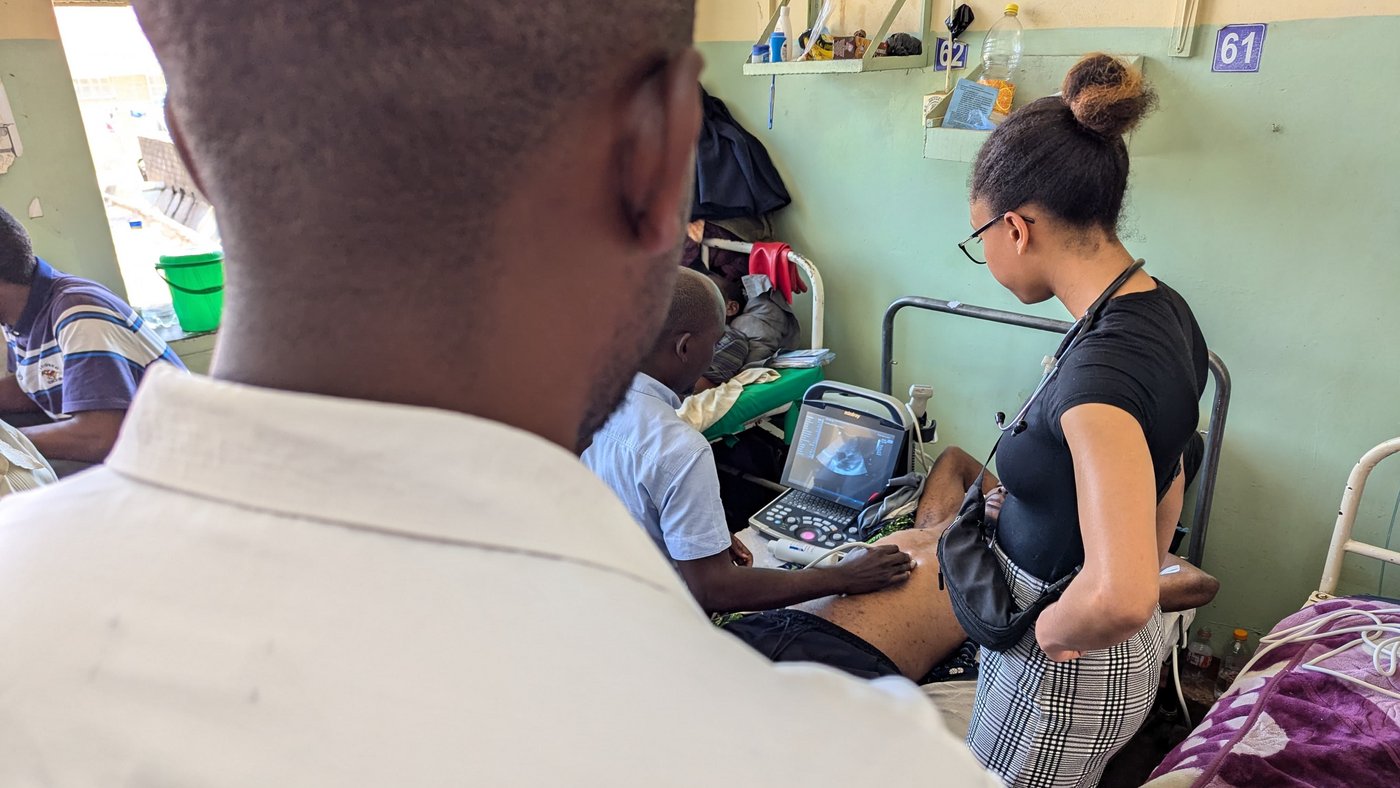
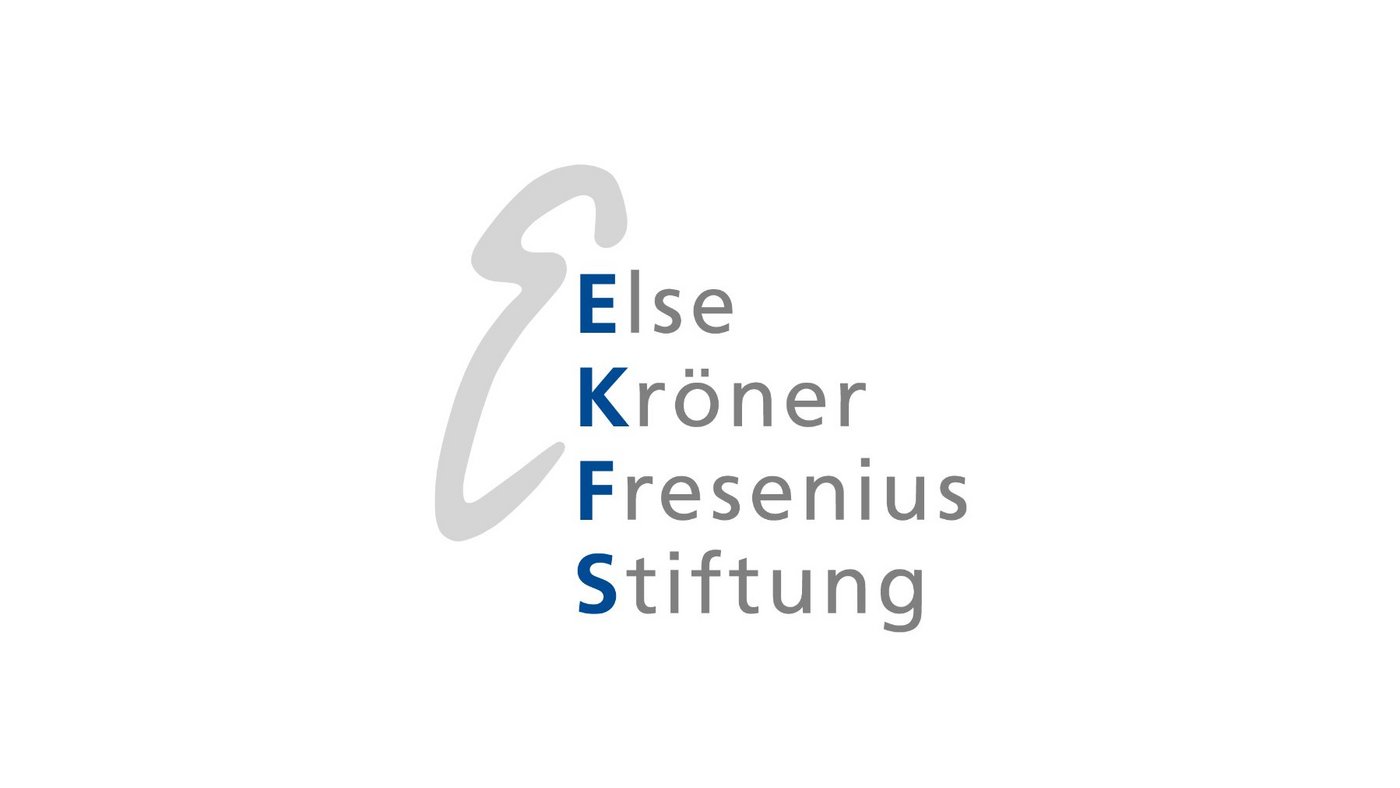
2. Hospital partnership*: POCUZ – Point-of-Care Ultrasound for Zimbabwe
During a scientific conference of the East, Central, and Southern Africa College of Physicians (ECSACOP), KUHeS presented the previous training activities conducted jointly with BNITM. After this presentation, the University of Zimbabwe contacted colleagues from Hamburg and Blantyre to explore the possibility of transferring the successful model from Blantyre to Harare. This project is now being implemented with the goal to develop a curriculum for POCUS in internal medicine in Zimbabwe and introduce POCUS into clinical care in the medical wards of Parirenyatwa and Sally Mugabe hospitals. In the long term, we aim to improve clinical care and increase patient safety for all patients presenting to the teaching hospitals of the University of Zimbabwe using POCUS to expedite clinical decision-making. Furthermore, this partnership will create synergies with existing projects and strengthen South-South cooperation between the University of Zimbabwe and the Kamuzu University of Health Sciences.
- Duration: 04/2024-03/2026
- Cooperation partners: University of Zimbabwe, Harare, Zimbabwe; Kamuzu University of Health Sciences (KUHeS), Blantyre, Malawi
- Funding: GIZ Hospital Partnership
* The Hospital Partnership is a funded project of the Hospital Partnerships funding programme of the Deutsche Gesellschaft für Internationale Zusammenarbeit (GIZ) GmbH. The programme is commissioned and funded by the German Federal Ministry for Economic Cooperation and Development (BMZ). The Else Kröner-Fresenius-Stiftung (EKFS) co-finances the funding programme on a part-financed basis. Homepage: https://hospitalpartnerships.org/
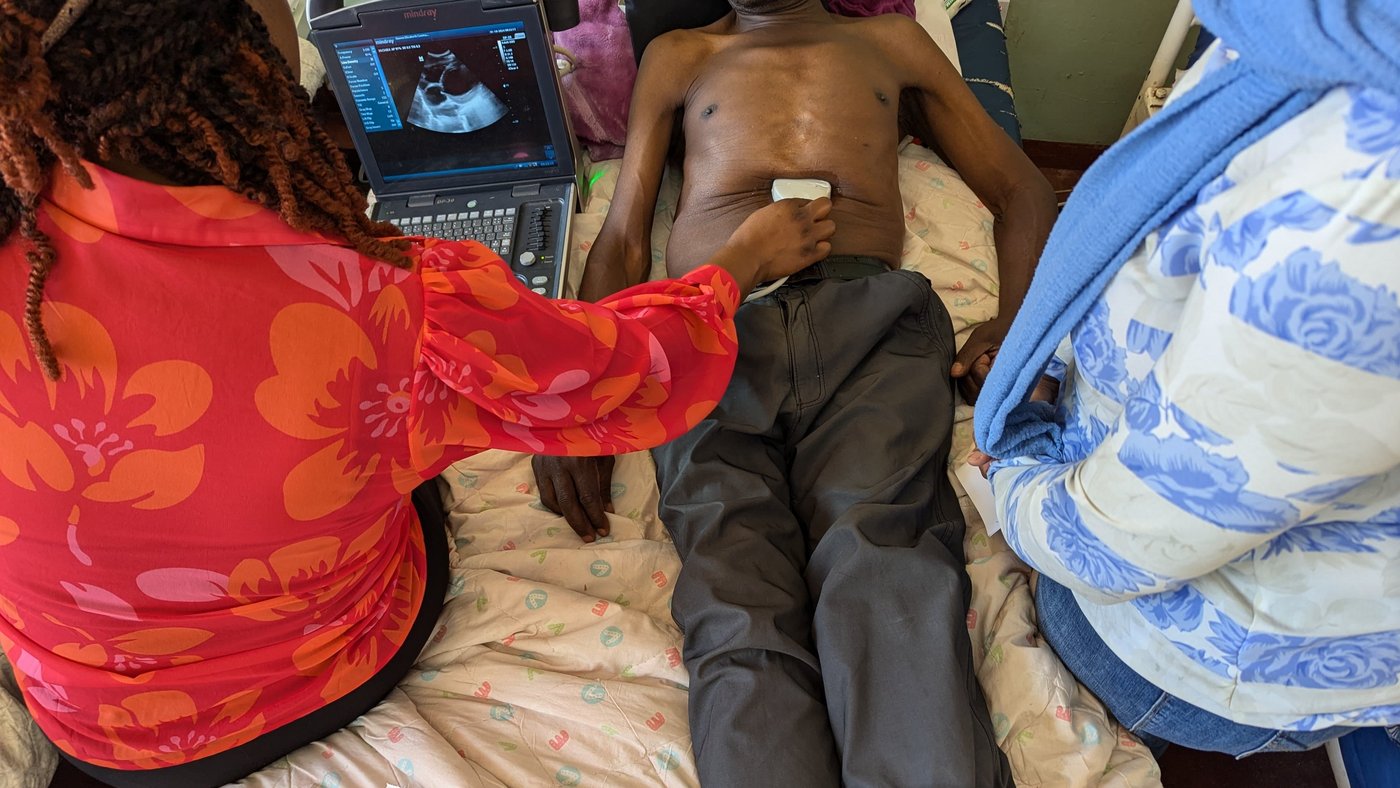
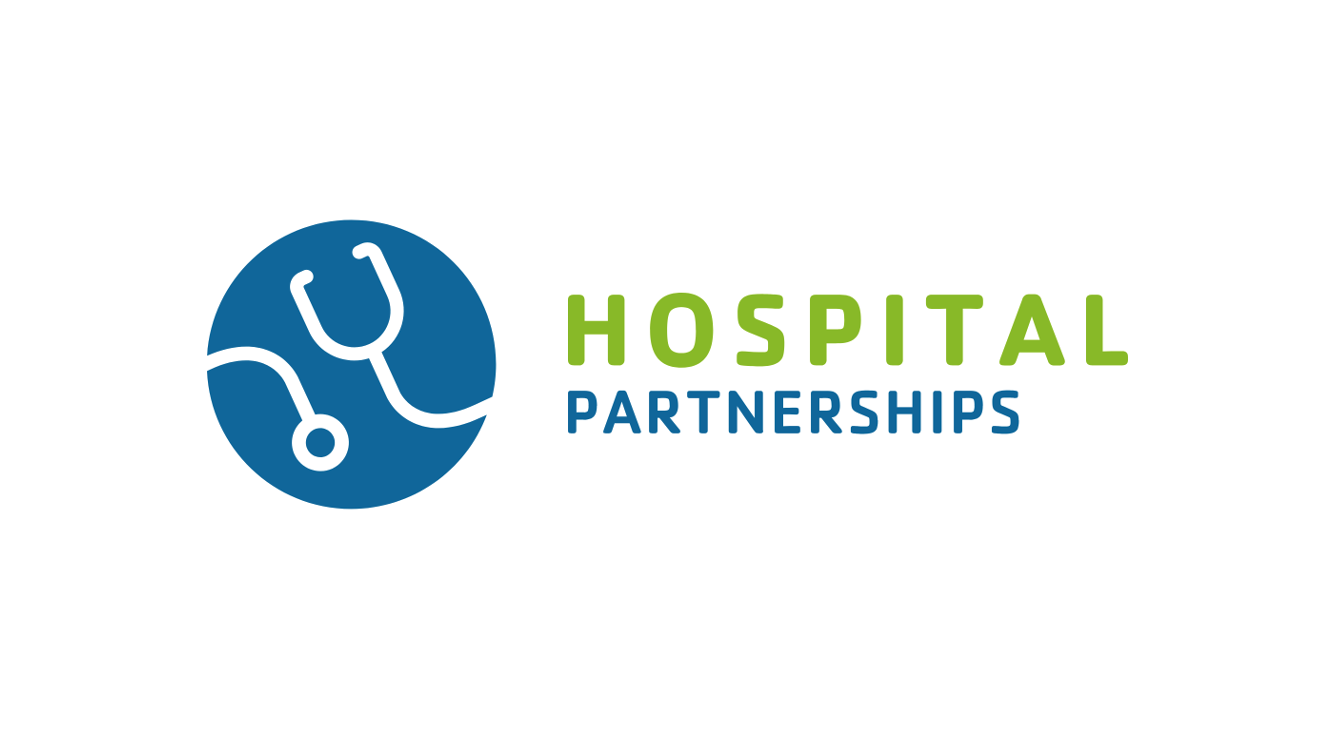
3. The CLASH-Heart Failure Study
Cardiovascular diseases are on the rise worldwide, especially in regions with limited medical resources such as sub-Saharan Africa. While heart failure is still often the consequences of infectious diseases (e.g., rheumatic heart disease or infection-related heart muscle disease), non-communicable diseases such as high blood pressure or myocardial infraction are becoming increasingly common.
Ultrasound of the heart can be crucial to initiate appropriate treatment timely. However, specialists in cardiology or radiology are rarely available in many places. One possible solution is the use of point-of-care ultrasound (POCUS). This allows targeted questions to be answered quickly. However, many of the cardiac POCUS protocols developed to date originate from resource-rich countries and do not always meet the needs of resource-poor regions.
Specially developed approaches such as the CURLS- or the SPLASH protocol are designed to identify common causes of heart failure in such regions. However, there is a lack of studies on their practical application and accuracy. This project therefore investigates the CLASH protocol, which combines both approaches, and tests whether it can be used reliably and practically in a real-world setting with limited resources.
- Duration: 10/2025-05/2025
- Cooperation partner: Medical Research Council The Gambia (MRCG)
- Funding: Howard-und-Gabriele-Kroch-Stiftung

Epidemiology and Mapping
1. Epidemiology of Snakebite in Neno and Mwanza, Malawi
Beginning in April 2023, Moses Banda Aron has been investigating the burden of snakebites in Malawi. His PhD has three main objectives: first, provide the first reliable incidence estimate for snakebites in Malawi; second, describe the clinical outcomes following envenomation and management of snakebites at health facilities; and third, assess the impact of snakebite training on healthcare worker knowledge of snakebite management. These studies are being conducted in two districts of Malawi (Neno and Mwanza) but will provide the first reliable estimates of snakebite burden in the country.
Funding: Bernhard Nocht Institute for Tropical Medicine
2. Snake Distribution, Snakebite Envenoming Risk and Public Perception Towards Snakes in Vietnam
Beginning in March 2024, Bao Truong has been investigating snakebites in Vietnam. His PhD has three main objectives: first, to describe the burden of snakebite-related hospital visits, the availability of antivenom in hospitals and the responsible snakes, as well as clinical outcomes following management of snakebites at health facilities accross Vietnam; second, investigate the spatial distribution of medically important snakes of Vietnam; and third, explore the knowledge, practices, and perception of healthcare workers towards snakebites, as well as barriers in snakebite management in Vietnam. The results from Bao’s PhD will shed light on the burden of snakebites nationwide, providing important guidance on where resources should be focused to reduce the impact of snakebites.
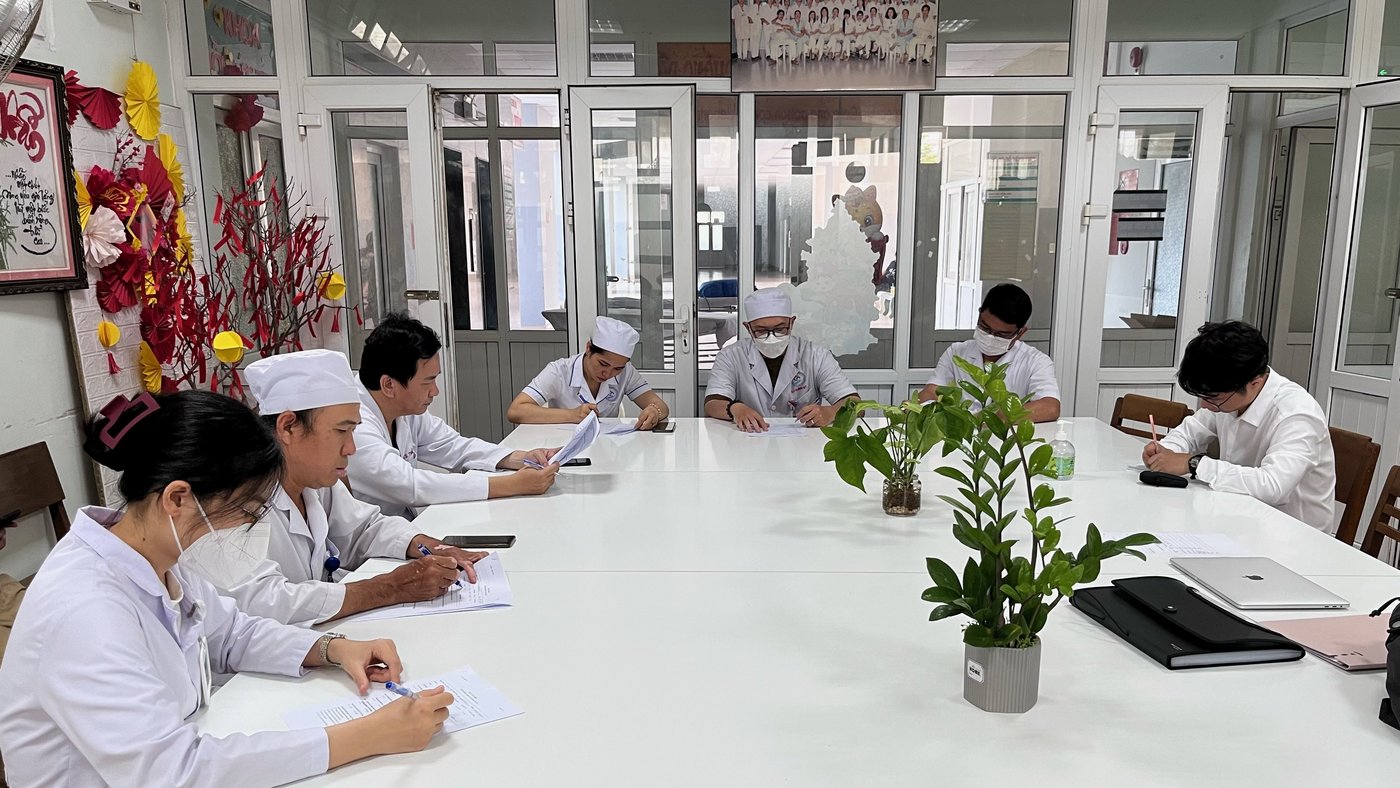
3. Household Snakebite Survey in Tonkolili District, Sierra Leone
Large-scale research on the prevalence and consequences of snakebites has not yet been carried out in Sierra Leone. In 2023, the World Health Organisation (WHO) released an interim report estimating an incidence of 8 snakebite cases per 100,000 person-years in the country. By contrast, neighbouring nations have reported far higher rates, and a WHO-funded study in 2008 identified West Africa as having the highest global incidence of snakebites. The gap between reported figures and estimated rates is likely explained by the fact that many victims do not seek hospital care.
To address this lack of data, we are undertaking a survey in the Tonkolili district in central Sierra Leone in collaboration with our partners. This study is the first of its kind in the country and will provide a foundation for future surveys in other districts.
- Duration: 06/2024 - 06/2026
- Cooperation partners: Masanga Medical Research Unit (MMRU), Amsterdam University Medical Center (UMC)
- Funding: Bernhard-Nocht-Institut für Tropenmedizin (BNITM), Amsterdam University Medical Center (UMC)
Digital Tools
1. VIPER-App Project, Hue, Vietnam
Digital tools, such as mobile applications, can improve access to reliable healthcare advice for the general public and healthcare professionals. However, the utility of these tools depends on their relevance, accessibility, reliability, and usability. Involving the intended users of these tools in the development process can, therefore, lead to tools designed to have an impact.
With this in mind, we have launched the VIPER-App project in October 2024. This project aims to develop a conceptual prototype of a mobile app for snakebite envenoming based on stakeholder needs, feedback from potential users, and feasibility assessments. This project is being conducted in Vietnam over the next two years and is intended to support the WHO’s goal of halving the number of deaths and disabilities resulting from snakebite envenoming by 2030. The outputs from this project will be 1) a conceptual prototype for snakebite envenoming in Vietnam, 2) assessments of the prototype by stakeholders, and 3) recommendations for the development of digital tools for neglected tropical diseases (NTDs) more broadly.
- Duration: 10/2024-09/2026
- Cooperation partners: Otto-Friedrich-University Bamberg, Bamberg, Germany
- Further partners: Faculty of Public Health, Hue University of Medicine and Pharmacy, Hue, Vietnam; Think Modular, Vienna, Austria
- Funding: German Federal Ministry of Research, Technology and Space (BMFTR)**
** This project is supported by the German Federal Ministry of Research, Technology and Space (BMFTR) as part of the German Alliance for Global Health Research (GLOHRA).
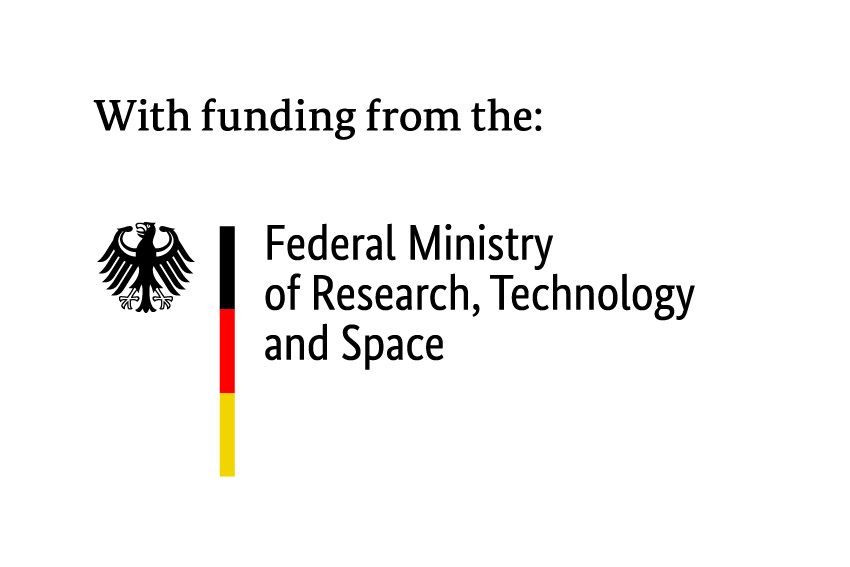
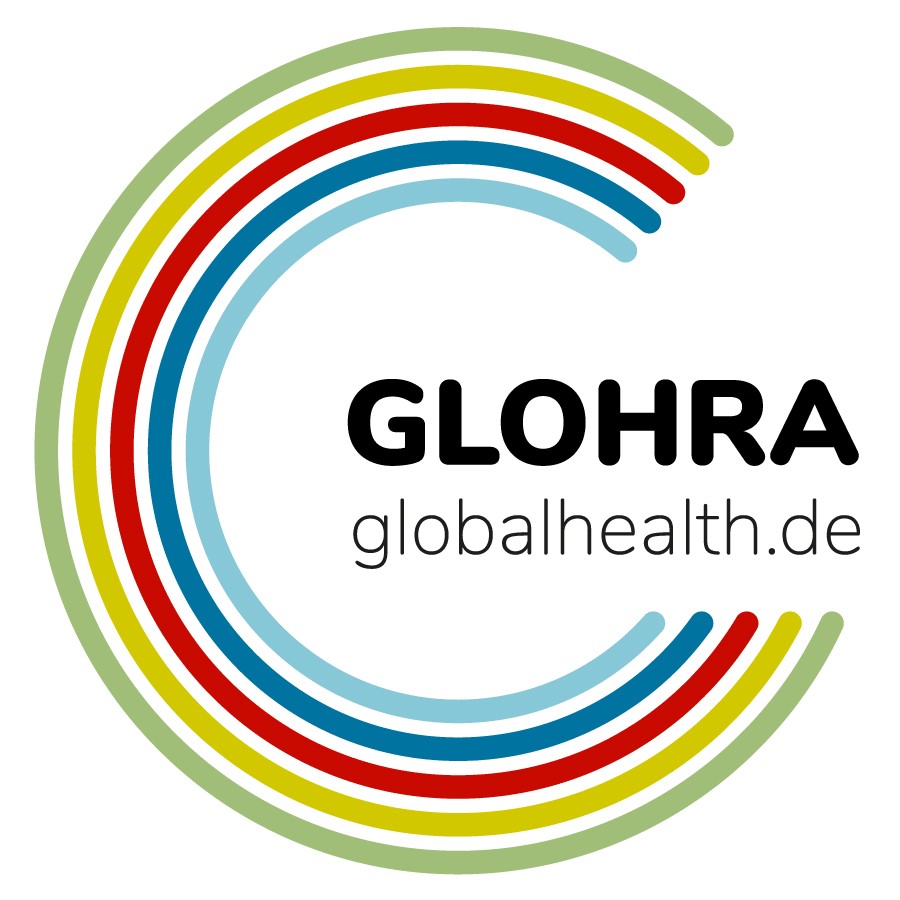



![[Translate to English:] Logo der Else Kröner-Fresenius-Stiftung [Translate to English:] Das Bild zeigt das Logo der Else Kröner-Fresenius-Stiftung.](/fileadmin/media/Allgemeines_und_Platzhalter/Logo/Logo_EKFS_grau_rgb_web.jpg)
![[Translate to English:] Logo der Klinikpartnerschaften [Translate to English:] Das Bild zeigt das Logo der Klinikpartnerschaften.](/fileadmin/media/Allgemeines_und_Platzhalter/Logo/Logo_kp_en_quadratisch.png)
![[Translate to English:] Logo BMFTR [Translate to English:] Logo BMFTR](/fileadmin/media/Allgemeines_und_Platzhalter/Logo/BMFTR_EN_Square.png)





